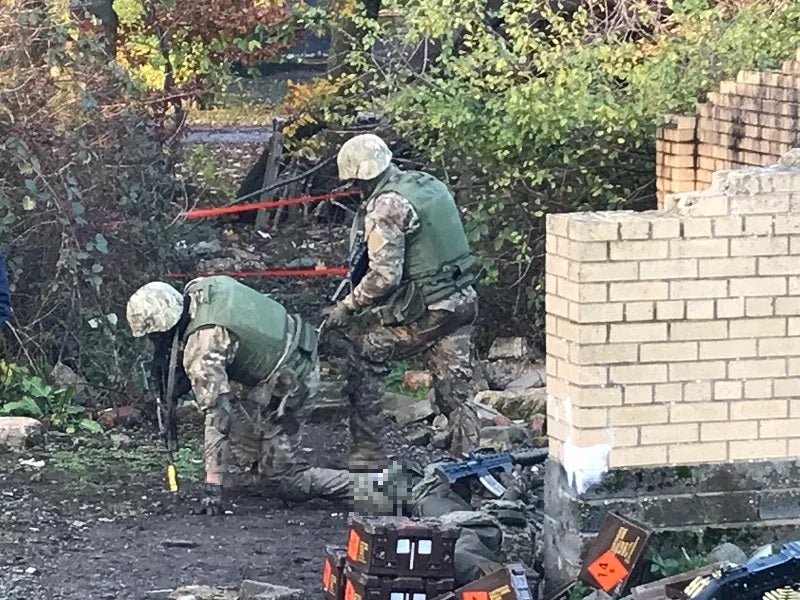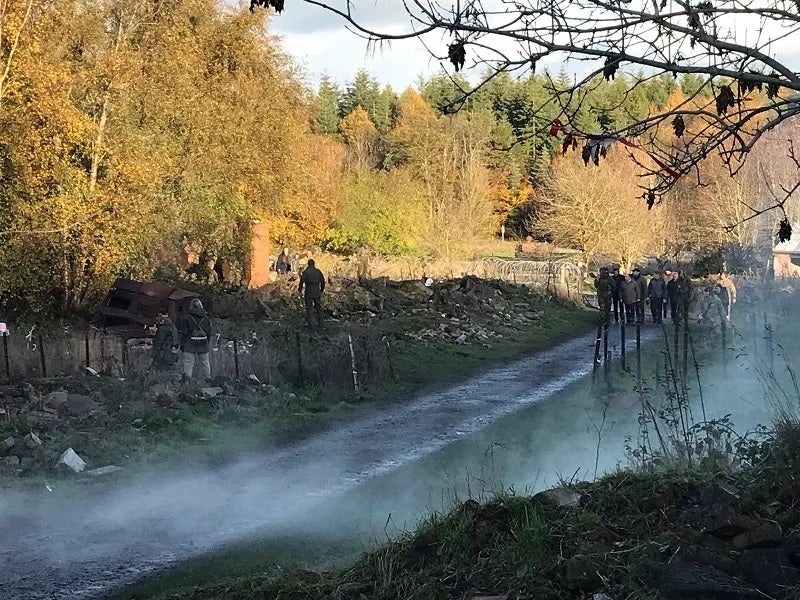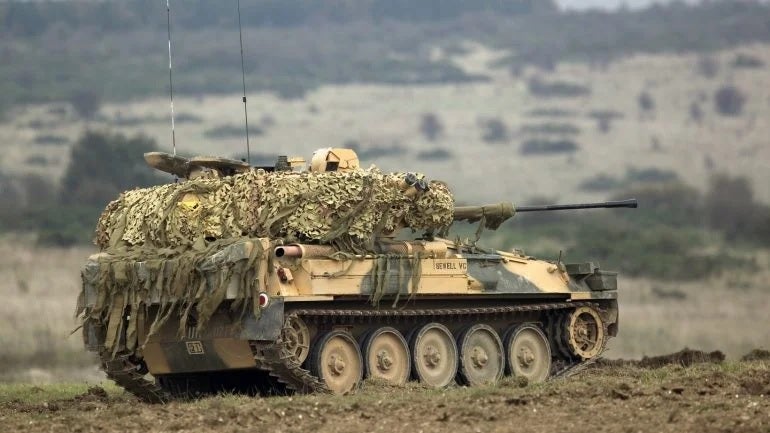The military consequences of the UK’s ongoing military and financial support to Ukraine have been laid bare in a new report by the country’s National Audit Office (NAO), which outlines a startling training deficit for the British Army and an investment shortfall to replace donated equipment.
Contained in a landmark report into the UK military support for Ukraine, the NAO states the British Army saw an eight-fold decrease in training time requests being granted in 2023 compared to 2019, as apparent prioritisation sees the training of Ukrainian personnel moved to the fore.
Training of Ukrainian personnel is carried out under Operation Interflex, which had trained more than 42,000 Ukrainian personnel by July 2024.
“The [UK Ministry of Defence] acknowledges that Operation Interflex will constrain the [British] Army’s capacity to train its own soldiers on its training sites, with more than a quarter of the Army’s training estate being used,” the NAO report states.
“The Army says it will continue to deliver Interflex through 2024, working with international partners and the Army Reserve to mitigate the impact of supporting Ukraine on UK forces,” the report adds.

The NAO report specifically links Operation Interflex and the British Army’s training shortfall, stating that providing training to Ukrainian recruits had “reduced the availability of training facilities for the British Army”.
British Army units which bid for time at UK training sites in 2023 had their bids rejected eight times more often than in 20193, because sites were not available, the report found.
An apparent flaw in UK training to Ukrainian forces was also identified as the war in Ukraine has evolved, with the NAO reporting that feedback from “tranche 4 trainees” suggesting that elements of the training “could be better aligned” to the conditions, and certain AFU training requests have not been met by the British Army.
“For instance, the MoD has only provided limited drone training due to UK military and civil aviation regulations but is exploring ways to mitigate this,” the NAO said.

The use of first-person-view (FPV) drones, fitted with rudimentary explosives, by both Ukraine and Russia as cost-effective loitering munitions has repeated the suggested lessons learned from earlier wars in Nagorno-Karabakh and in the Middle East, with the proliferation of FPV platforms providing a near-constant threat on the battlefield.
UK donations to Ukraine: counting the cost
The NAO report also details the cost of UK equipment donations to Ukraine and the corresponding impact this is having on the country’s military inventories.
The NAO stated that to “address concerns” over the UK’s military readiness, the UK Ministry of Defence (MoD) had placed contracts worth almost £1bn ($1.3bn) to replenish equipment donated from UK stockpiles, and estimates the total cost of replacing donated equipment as £2.71bn.
“This reflects the cost of replacing old equipment with new, and in some cases more advanced technology. The MoD has also increased wider funding for UK military stockpiles by £2.51bn between 2022-23 and 2024-25 and committed in April 2024 to invest £10bn in munitions productions over the next decade,” the NAO said.
In addition to rapidly procuring equipment for Ukraine, the NAO said that the MoD donated equipment worth £171.5m from UK stockpiles. However, since mid-2023 the MoD had “sharply reduced its donations of equipment because it assessed that to continue would have imposed unacceptable risks to the UK’s military readiness”.

The MoD has also exempted all equipment procurement for Ukraine from regulations which normally provide additional oversight of non-competitive contracts.
Recent analysis by Army Technology exposed the true scale of UK military donations to Kyiv, potentially rising to beyond 1,000 vehicles, including main battle tanks, artillery, armoured reconnaissance, multiple launch rocket systems, and other protected mobility and logistics vehicles.
Tens of thousands of anti-tank and anti-air missiles have also been provided, as well as dozens of valuable Storm Shadow cruise missiles.
The UK has also committed to sustaining its support to Ukraine, despite an apparent £22bn black hole in public finances that is resulted in huge cuts to social and medical care.
Speaking to Army Technology, a UK MoD spokesperson said: “All UK forces have access to the relevant training required to be held at readiness to protect the UK and meet our NATO commitments.
“But we welcome the NAO’s report, which recognises that Ukrainian troops are better prepared to defend their country from Russia’s illegal invasion thanks to the UK providing training."
The spokesperson added that Operation Interflex had provided basic combat training to over 45,000 Ukrainian recruits, with UK Defence Secretary John Healey recently announcing an extension throughout 2025.









